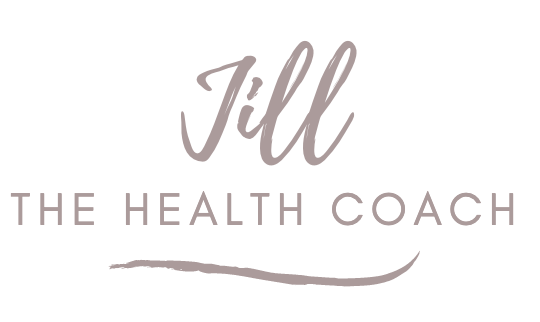Reposted from October 10, 2012
We all know that sugar isn’t good for us but many of us believe we can just exercise it off. Unfortunately, that’s not the case. We’re eating more and more of it every year. Dr. Mehmet Oz says that “The average person consumes 150 pounds of sugar per year-compared to just 7 ½ pounds consumed on average in the year 1700. That’s 20 times as much!”
Sugar is actually one of the most damaging foods to a body. It contains no vitamins and no minerals. It is 100% carbohydrate so it must be metabolized immediately, depleting your body of nutrients in the process. It is also highly addictive and very inflammatory to our body parts. What exactly does this mean to you and your family?
1. Sugar makes us fat-what is not used is stored as fat as the average American body cannot use all of it for energy. Another reason it makes us fat is #2…
2. Sugar makes you more hungry-unlike fat, sugar is quickly assimilated by the body causing a sudden raise in glucose level in the blood. It causes an instant energy boost.
In response to high blood glucose levels, the body secretes more insulin which makes the glucose level to fall. When your sugar level drops, you feel hungry and want to eat more food.
3. Sugar can kill those memory brain cells- Researchers at Columbia University in New York have found that twice as many people with high insulin levels, the consequence of eating too many sweet foods, develop dementia when compared to those with normal insulin (J. A. Luchsinger, et al., Neurology, 2004) Also, the people with high insulin levels had the greatest decline in memory.(W. L. Xu, et al., Neurology, 2004)
4. Sugar promotes the dangerous growth of fat cells around your vital organs- which can lead up to diabetes and heart disease.
5. Sugar feeds cancer-a cancer cell’s main food is glucose. Starve the cancer cells by not feeding it with the foods it needs to multiply. AVOID ALL SUGAR IF YOU HAVE CANCER
6. Sugar, and losing blood sugar control, is also linked toworsening mood. I’ve seen it with family members. Who do you know is moody in the pm when they need their sugar fix?
7. Sugar causes hyperactivity, anxiety, difficulty concentrating, and crankiness in children (in adults, too!)
8. Sugar can lead to tooth decay and periodontal disease
9. Sugar can cause migraine headaches
10. Sugar can cause cardiovascular disease by raising triglycerides and adding to the arterial plaque in arteries
11. Sugar is highly addictive- An Intense Sweetness Surpasses Cocaine Study published in August, 2007 showed that sugar was even more addictive than cocaine!
12. Sugar is inflammatory-all diseases begin with inflammation and sugar could be the catalyst or even the cause
There is hope for you sugar addicts, though. As a former addict myself, I know how hard it can be to “get off the juice.” Here are a few tricks that may help you along with good old willpower. Keep in mind that once you have been off sugar, your body won’t crave it and it won’t appeal to you as much:
1. Eat sour foods. The sour taste of some foods, like apple cider vinegar, will naturally curb your cravings for sugar.
2. Eat fermented foods and probiotic beverages. Fermented foods are sour, easy to make, and affordable. Probiotic beverages also taste sour, and even a small dosage goes a long way. Both are full of beneficial bacteria, which drive out disease-causing bugs that increase our desire for sugar.
3. Eat protein. Your body is really craving food. Your body is made up of protein and needs to build more of what it is made of.
4. Drink lots of water-this can trick your body into thinking that it’s full so be sure to drink often throughout the day.
5. Keep a bottle of stevia on hand. Stevia plays a trick on the tongue: while sweet, it is not sugar. If you want that sweet taste, use stevia first.
All material in this newsletter is provided for information only and may not be construed as medical advice or instruction. No action or inaction should be taken based solely on the contents of this publication;instead readers should consult appropriate health professionals on any matter relating to their health and well-being. The information provided has not been approved the Food & Drug Administration and is not intended to diagnose, treat, cure, or prevent any illness or disease.

